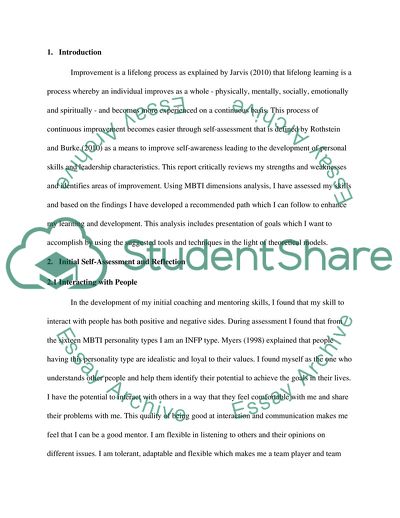Cite this document
(Learning, coaching and development , PDP Essay Example | Topics and Well Written Essays - 2500 words, n.d.)
Learning, coaching and development , PDP Essay Example | Topics and Well Written Essays - 2500 words. https://studentshare.org/human-resources/1814513-learning-coaching-and-development-pdp
Learning, coaching and development , PDP Essay Example | Topics and Well Written Essays - 2500 words. https://studentshare.org/human-resources/1814513-learning-coaching-and-development-pdp
(Learning, Coaching and Development , PDP Essay Example | Topics and Well Written Essays - 2500 Words)
Learning, Coaching and Development , PDP Essay Example | Topics and Well Written Essays - 2500 Words. https://studentshare.org/human-resources/1814513-learning-coaching-and-development-pdp.
Learning, Coaching and Development , PDP Essay Example | Topics and Well Written Essays - 2500 Words. https://studentshare.org/human-resources/1814513-learning-coaching-and-development-pdp.
“Learning, Coaching and Development , PDP Essay Example | Topics and Well Written Essays - 2500 Words”. https://studentshare.org/human-resources/1814513-learning-coaching-and-development-pdp.


